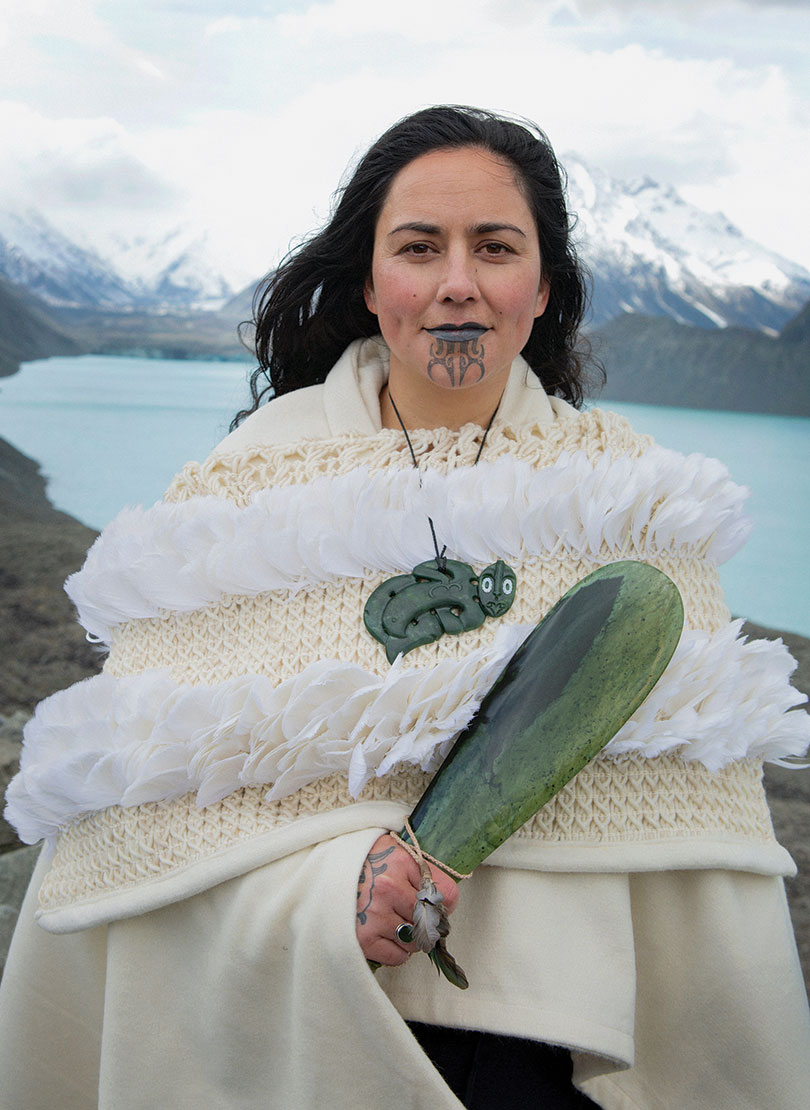-
Ngā Karere me Ngā Rauemi
News and Resources
Ngā Karere me Ngā Rauemi
News and Resources
-
Te Rangaihi Reo Māori
The Movement
Te Rangaihi Reo Māori
The Movement
-
Te Pae Kōrero
Our Community
Te Pae Kōrero
Our Community
-
Huihuinga
Events
Huihuinga
Events
-
Ngā Ara Ako
Learning Pathways
Ngā Ara Ako
Learning Pathways
-
SearchSearch
Search
Search

The turning point, as she recalls, happened during a wānanga she was invited to called Te Rā Rangatira. “Kiritapu Allan and a few others had been around international indigenous workshops and involved in transformational conversations around identity. They wanted to bring that knowledge and those skills to a group of young Māori.”
During a group waiata, Ariana found herself flooded with emotion. “I didn’t know the words,” she says. “I felt so embarrassed and ashamed that I cried for hours and hours.” With the support of the group who surrounded her during that time, conversation surfaced about being “Māori enough” and that there is no such thing. “You are just Māori,” says Ariana.
The other piece of the puzzle, the realisation she could put te reo Māori to use in her daily life, came during a waiata workshop in Ōtautahi.
“Karuna Thurlow was running that workshop and she had two preschoolers who had blonde hair and blue eyes like my youngest child, Kōmai. She was talking to her girls in te reo Māori and I was like … ‘oh, I could do that,’ ” she laughs. That workshop also led to a connection with Kotahi Mano Kāika, which is how she says she first felt connected to Ngāi Tahu. “I have spent 12 years in wānanga, attending classes, kura reo, learning pūrākau and in more recent years, giving back by running things. My kids are at kura kaupapa and I have some solid connections into the Māori communities here. It is really interesting to see how much has changed for us.”
“There are a few whakaaro where it’s presented as a binary – I’m either fluent or I’m not, but I don’t think our tūpuna had a binary view of the world,” says Ariana. “If I had to visualise what I think learning te reo looks like, to me it’s a relay. It’s not that there is some finish line that I am striving for. It is actually just taking as many steps as I can so that my kids and those after us don’t have to take those steps. You pass the baton on; they take the next steps. There is no one way to do this learning te reo thing and I find freedom in knowing that.”
Te Tai o Poutini | West Coast | Westland | 2020-29 | Story is by tangata whenua
















Comments